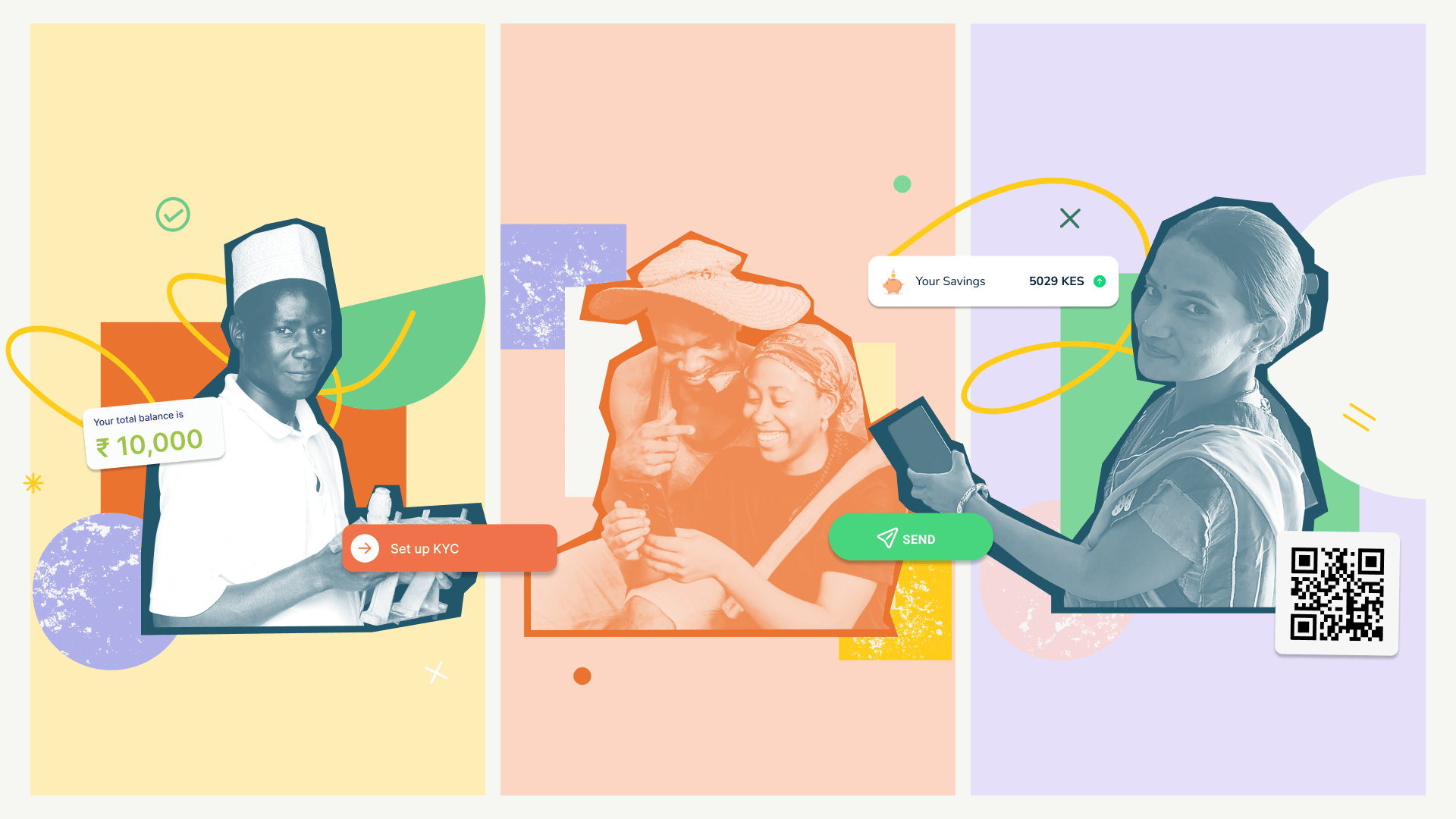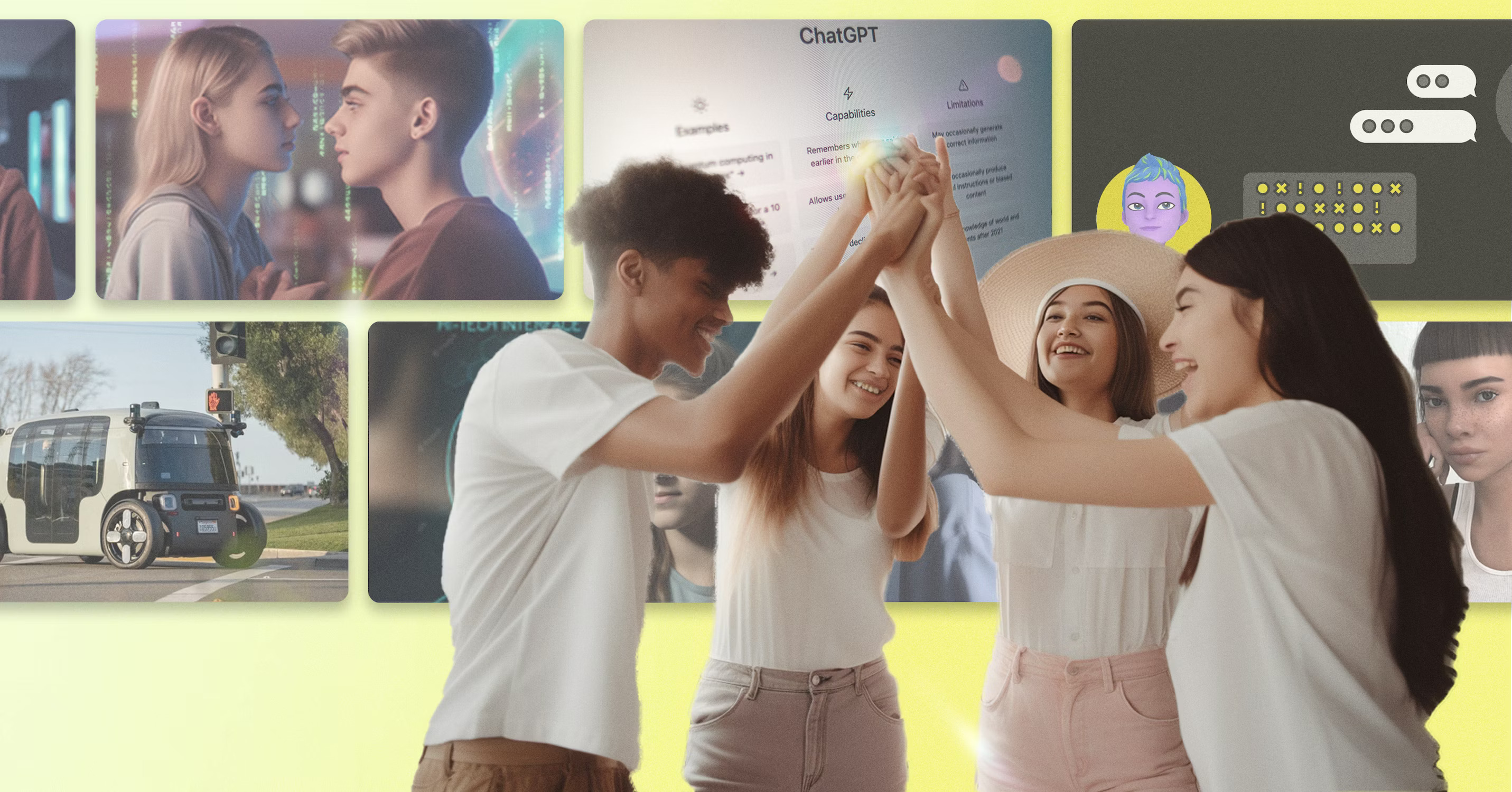< THINKING
28 Things We’d Love to Redesign in 2024
From packaging to hold music to our relationship to time, we’ve got big ideas.
words:
Elise Craig
visuals:
Alicia Duvall

read time:
8 minutes
published:
January
,
2024
When you spend your life rethinking the built world, discovering things you’d love to overhaul is an occupational hazard. From the very, very big (our housing systems) to the very, very small (shower handle placement), our designers have a lot of thoughts about things they’d like to reimagine, if given the chance.
Here’s a look at what’s on their minds as we head into this new year.
PRODUCTS
- Why are shower handles directly in the blast zone of cold shower when you turn them on? —Conor Farese
- Can you imagine traveling by plane and needing to bring your own custom-sized seatbelt to carefully install in the cars you ride in? That’s essentially how we treat child car seats. It’s time to engineer a way to build them into cars. It’d be more sustainable, safe, and inclusive. —Rachel Young
- Clothes that shrink in the dryer because it's too cold outside or you don't have the space to hang dry them. WHY DO DRYERS STILL DAMAGE OUR CLOTHES? This may have just happened to me. —Alicia Duvall
- We need to redesign news around nuance and empathy instead of siloed points of view. —Sarah Asif
- Christmas trees! Not only are the needles impossible to keep up with, but there's still a pervasive myth that plastic trees are more environmentally friendly. Real Christmas trees are one of the best examples we have of capitalism working in favor of the environment. A big market creates demand for people to start tree farms, plant and sell trees, and repeat that cycle every year. If you have a plastic tree, keep it—but let's rebrand real Christmas trees as the environmentally responsible (and delicious-smelling) choice. —Becca Carroll
- Why do expensive, fancy face creams come in jars with hygiene and air seals that 10 percent of the product sticks to? I look at that cream stuck to the seal and see money, and then I either have to keep the weird seal and line it up to close the jar carefully, or scrape the cream off manually. Bleh. —Becca Carroll
- We have warming garments for everything but our mouths. This creates problems for the place I live, which is Massachusetts. Sometimes, in the winter, my mouth gets so cold and my jaw gets so tight it becomes hard to speak! A wintery vow of silence notwithstanding, I think we deserve socks for our tongues and warming pads for our cheeks. This would also prevent the tongue-on-frozen-pole problem that seems to have plagued humankind since we built metal poles. Lick all the poles you want! You’ve got a tongue sock! —Andy Reischling
- Paint samples. They should come in something more like a ketchup packet and less like a small can. —Rachel Young
- Repairs. Why does it require hours of Googling and watching shaky YouTube videos only to still get nowhere to learn how to fix your coffee machine or repair a hole in your clothes? —Anya Shapiro

SYSTEMS
- The American service industry, especially tipping culture. I’m newish to America and the idea of not paying people liveable wages is wild to me. I’d prefer if tax and tips were just included in the price of the service or meal. It’s also so hard to know what is appropriate to tip as the unwritten rules are different for taxis, takeaway food, a drink at a bar, dining at a restaurant, hairdressers, etc. Also, I don’t drink, and as soon as I ask for water only I seem to immediately put servers offside as drinks mean bigger tips. It makes for an uncomfortable dining experience. Surely we can design a way where people get paid fairly and customers have a pleasant experience without pressure. —Hannah Lewis
- How we reward and compensate people who make other work possible. Why does childcare cost more than college in 2/3 of states, and yet childcare workers make so little? Why does an IPO reward employees for the work they put in, but not the caregivers for their employees' families? Why can't we price and pay the true value of care work? —Becca Carroll
- Housing! Not only in the financial sense around the lack of affordability and equitable access, but also in terms of different models for home/land ownership. By rethinking both the architectural design of spaces and alternative financial/organizational structures, we can develop community-oriented, sustainable, and equitable housing models. Let’s learn from indigenous communities and cultures that prioritize multi-generational family systems. —Esha Reddy
- The cost of college. My 17 year-old daughter described the FAFSA application process as "Hunger Games for high school students" to become indentured servants of banks until they retire. —Vivian Barad
- The immigration and immigrant experience. Trying to obtain a visa, green card, or citizenship here is such a painful process. There are also so many restrictions that exclude noncitizens and visa holders from experiences like using investment platforms, participating in giveaways, going to school part-time, or doing contract work. —Deniz Cengiz
- Food systems! While there's often an emphasis on designing, buying, and receiving food as fast and easy as possible, I hope to see a world that prioritizes cooperative models: promoting direct, affordable access to fresh food while fostering sharing and more equitable distribution within communities. —Esha Reddy
- It boggles my mind that we have a set of broken systems that simultaneously create food deserts and massive amounts of food waste, just in different geographic locations. How have we not figured this out? With all of our resources and intelligence and technology in 2023, how is food insecurity still a thing? —Shannon Vossler

EXPERIENCES
- I would love to design a universal platform that lets patients and doctors simplify all the health insurance programs in the US. The interface and experience would be the same for everyone, no matter who their insurer may be or how their policies change, and would focus on radical ease. Let all the complexity of our healthcare system get sorted out by tech in the background. Sort of like how Square made payments so easy and unified for small businesses, there could be a way for people and providers to plug into just one insurance platform, so even when my plan changes, how I use it and get treated stays the same. —Ian Mathias
- Why is it that companies invest so much money in customer service and still play that horrid, staticky acoustic music that makes your phone speaker sound like it's an AM radio death rattle? Here's my idea: You still need a sign that you're on hold, so it can't be total silence, but why not experiment with different formats? What about a trivia quiz that moves you up in line the more you get right? What if you could connect your Spotify account and play your own hold music? What if you could do on-hold karaoke? So much of what passes for customer service is just what companies think is the blandest possible way to treat people. But by playing it so safe they create an experience that makes everyone equally miserable and bored. More courage, please! —Andy Reischling
- Public restrooms are unhygienic. Why does everything from door latches to paper towel dispensers require your hands or shitty sensors that don’t work? Our feet are awesome tools, and wildly under utilized in public spaces. My favorite: In the Charlotte airport, they have hand sensors for soap dispensers, but they all broke, so they’ve installed hand pump soap dispensers above the sinks. It takes most people 30-60 seconds to try all the automated dispensers before they notice the old school soap above. —Joe Brown
- Plus one to bathrooms, but more so thinking inclusivity: what does an actual great gender-neutral bathroom look and feel like? —Stuart Getty
- Performance management: Is anyone ever satisfied with a system of measuring human output? —Joe Brown
- Dying! But really, end-of-life care and advanced planning, especially for low-income folks and the sandwich generation who will care for their parents and younger generations. I've been an intermittent caregiver for a terminally ill parent this year and my goodness there are so many things I want to design to make this experience more human-centered, easier—and dare I say, joyful. —Jaz Henry
- The reboxing and the recycling experiences of physical products. And the whole recycling system. If we mean to live harmoniously alongside non-human life on this planet, we need to design better circular systems that help us use less raw material, and recycle what we've already made. —Conor Farese
- Breast cancer diagnosis and subsequent care, from the initial screenings and mammograms to sharing results, diagnoses, and treatments. I'd love to see a more holistic, human-centric approach to all cancers that doesn't require multiple systems working flawlessly in tandem to support individuals and their families in understanding and navigating a complex system. We need to design a system that helps ease the burden of those in medically vulnerable moments instead of leaving them with bureaucratic headaches. —Shannon Vossler
- Finding a therapist: Speaks for itself. —Anya Shapiro
- Ads (especially online). It is insane how many ads are shoved in our faces. —Deniz Cengiz
- Our relationship to time. We think in quarters, but organizations and people that will lead us into the next century will think in generations. Such deep time / long horizon thinking inevitably leads to new perspectives on consumption, (de)growth, and planet. For example: Norway's Minister for Future Generations, Patagonia's commitment to restore huge swaths of South America, hundreds of corporate net zero by 2050 plans, nations like Tuvalu that are planning to resettle populations sunk by the sea. It's why groups have been coming to IDEO for our futuring capabilities. —Natalia Vasquez
- I love running, a sport that seems super accessible—all you need are shoes. When in reality, those shoes are expensive. You also need time, a safe route, a secure starting and ending point that stores what you need before and after the run... not to mention the motivation, accountability, and education to make it habit. —Melissa Lobato

Elise Craig
Editor, IDEO Blog
Elise Craig is editor at large for the IDEO blog. She has written for Wired, Marie Claire, and the New York Times magazine, and loves stories about ordinary people doing interesting things.

Alicia Duvall
Design Lead
Alicia is a jack of all trades and has actually managed to master quite a lot of them. She combines concept, design, illustration, lettering, motion and strategy to tell beautiful stories.
Subscribe to the IDEO newsletter
Thank you! Your submission has been received!
Oops! Something went wrong while submitting the form.
.jpg)






